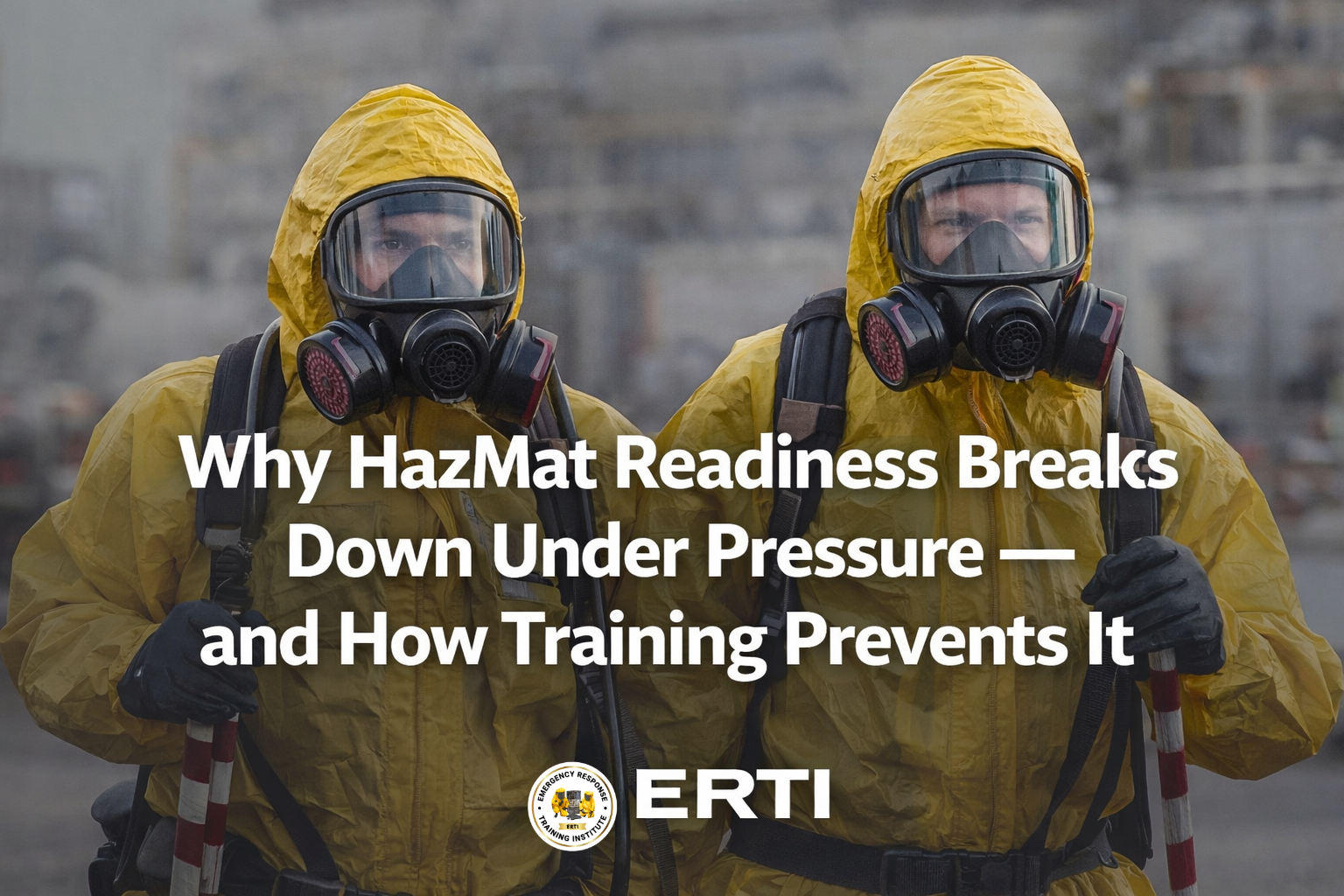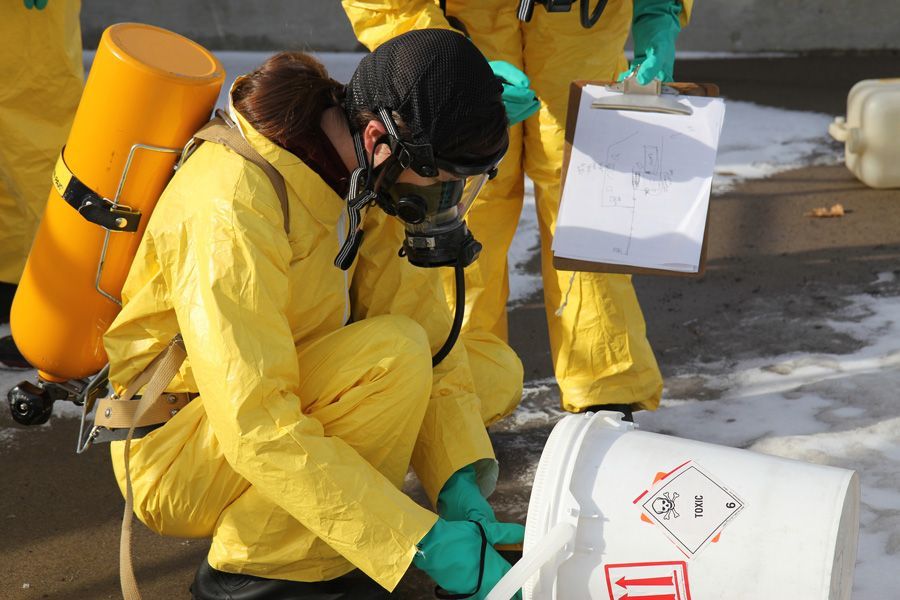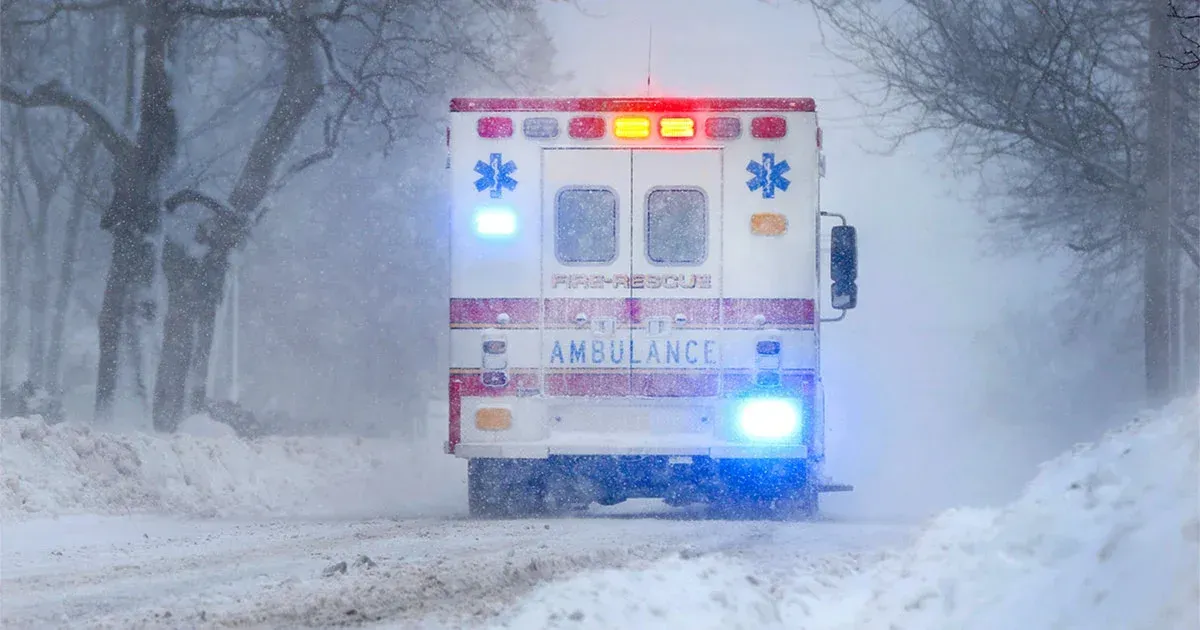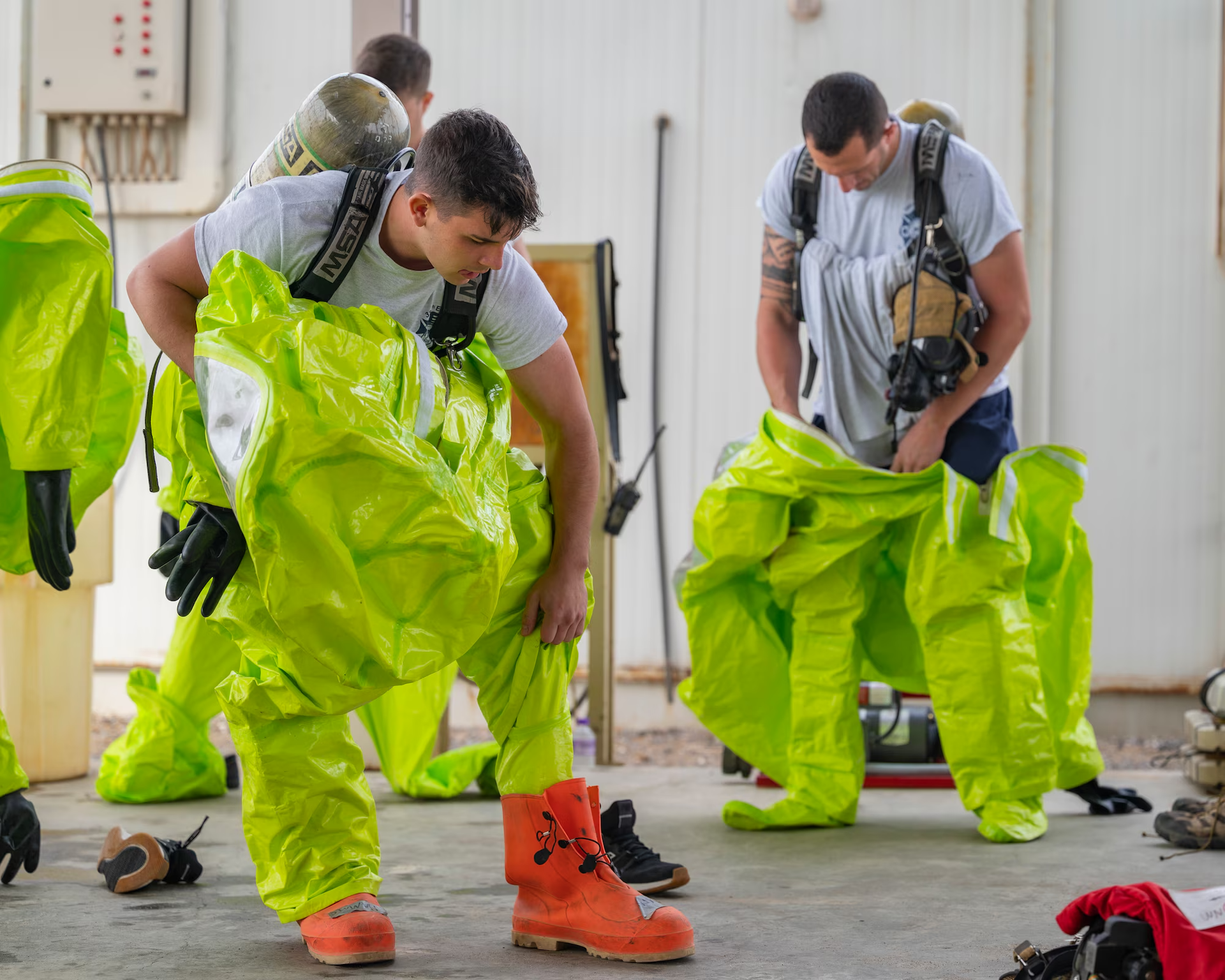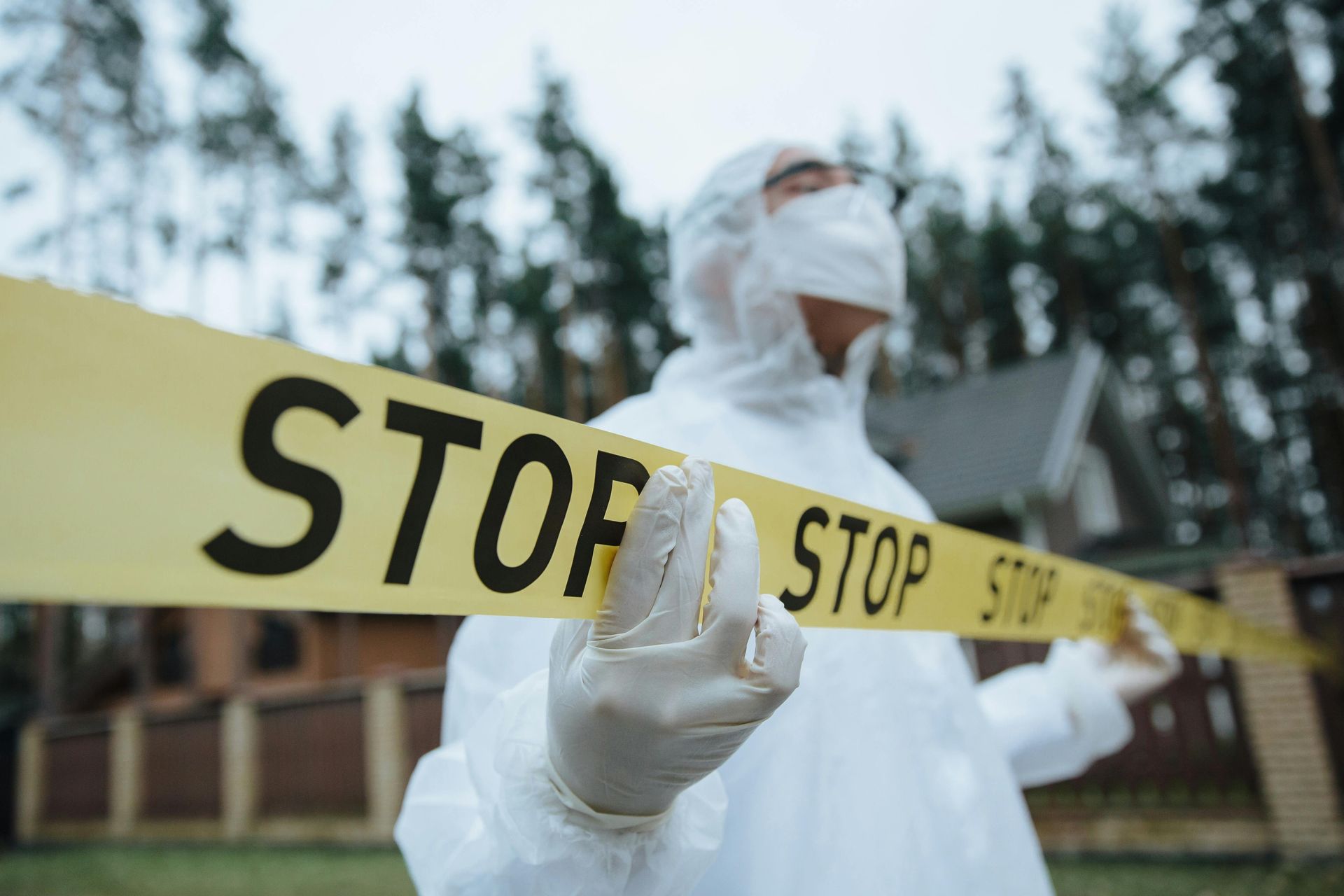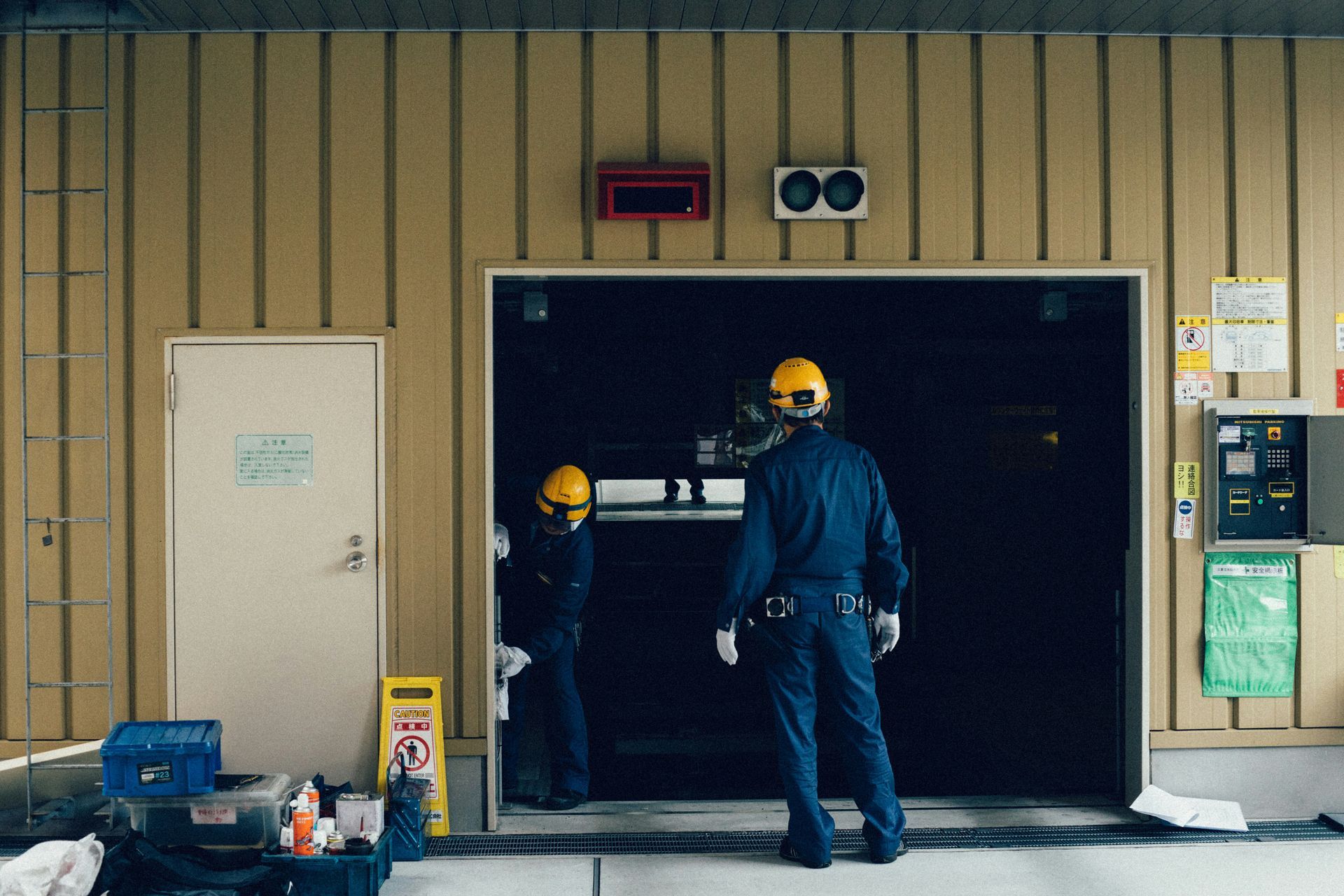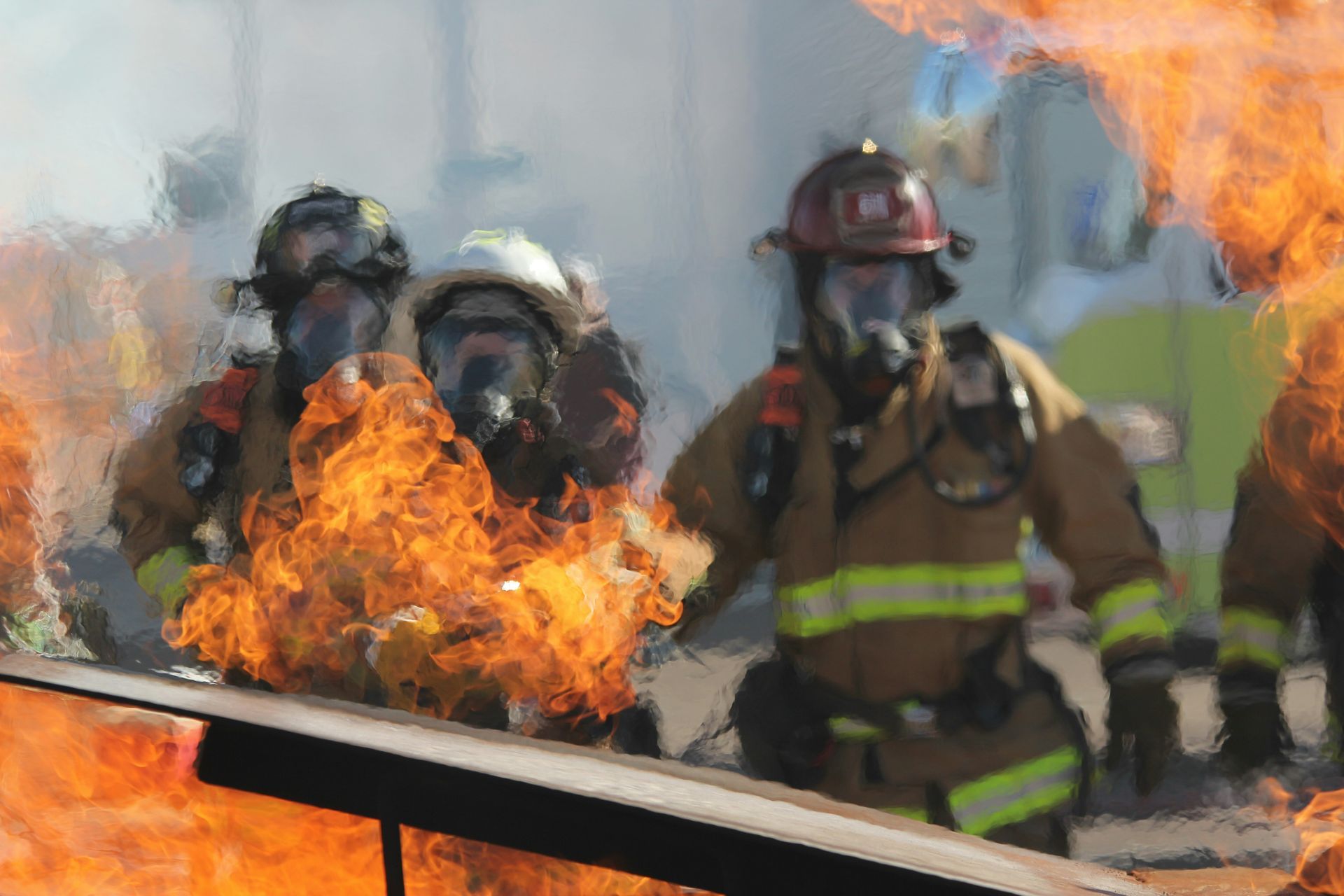Building a Safety-First Culture: How Training Shapes Team Behavior Before the Incident
Workplace safety isn’t just about protocols, permits, or PPE. At its core, safety is about
decision-making in the moment—and those decisions are shaped long before the emergency ever happens.
That’s where training becomes more than a requirement. It becomes culture.
1. Training Teaches More Than Procedures
Many teams can recite evacuation routes or name different types of respirators. But when training is done right, it teaches far more than process. It builds:
- Pattern recognition
- Confident communication
- Personal accountability
- Hazard anticipation
The result? Safer instincts and sharper judgment—even under stress.
2. Repetition Builds Muscle Memory
Annual certification is important—but spaced repetition and scenario-based refreshers are what actually build retention. When employees regularly review procedures in simulated conditions, response becomes reflex.
This is especially true in:
- Confined space entries
- Hazmat spill response
- Rescue scenarios requiring coordination under pressure
3. Peer Behavior Is Influenced by Training
Culture spreads from person to person. When some team members are highly trained, they raise the standard for everyone around them.
Well-trained teams:
- Stop unsafe shortcuts
- Ask smarter safety questions
- Look out for one another
- Speak up early
In short, a well-trained employee is a multiplier, not just a checkbox.
4. Culture Prevents the “Freeze” Moment
In emergencies, people don’t rise to the occasion—they fall back on what they know.
When training is proactive and immersive, teams respond more quickly, confidently, and safely—without panic or confusion.
How ERTI Helps Build Safety Culture
At ERTI, our virtual and on-site training programs focus on more than compliance. We:
- Integrate real incident case studies
- Use interactive, instructor-led sessions
- Reinforce retention through repetition
- Support group training that aligns entire teams
We train for the moments before something happens—because that’s where safety culture is born.
Ready to reinforce your culture with real-world training?
Let’s talk about building a program tailored to your team’s environment.
541-740-4241


